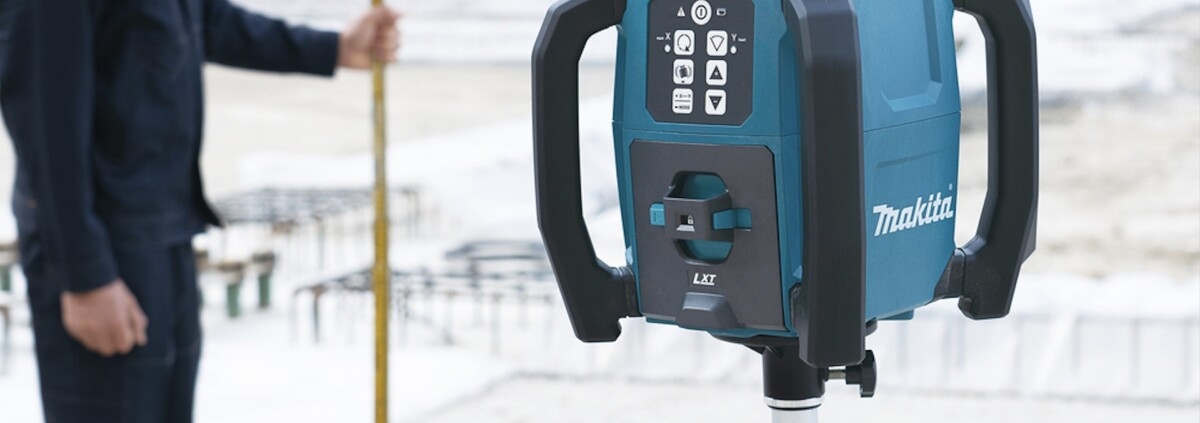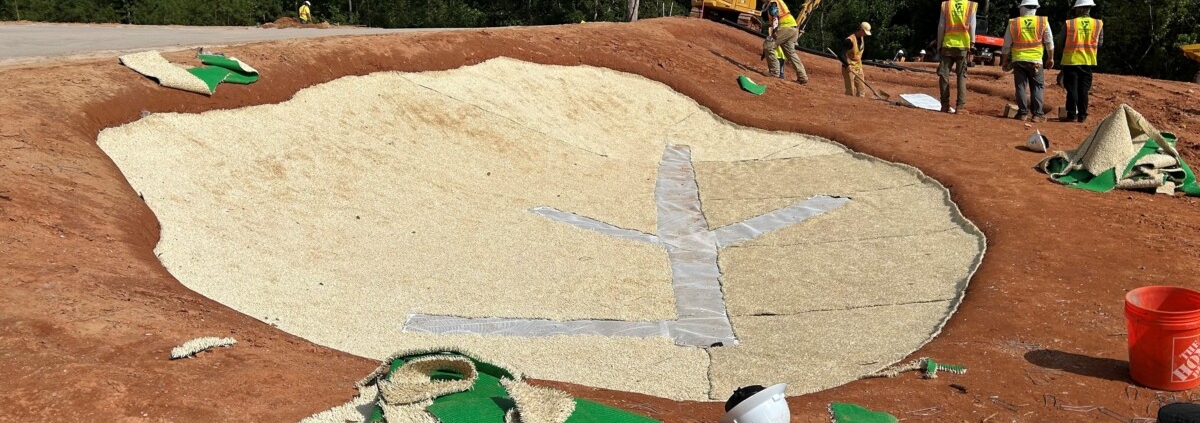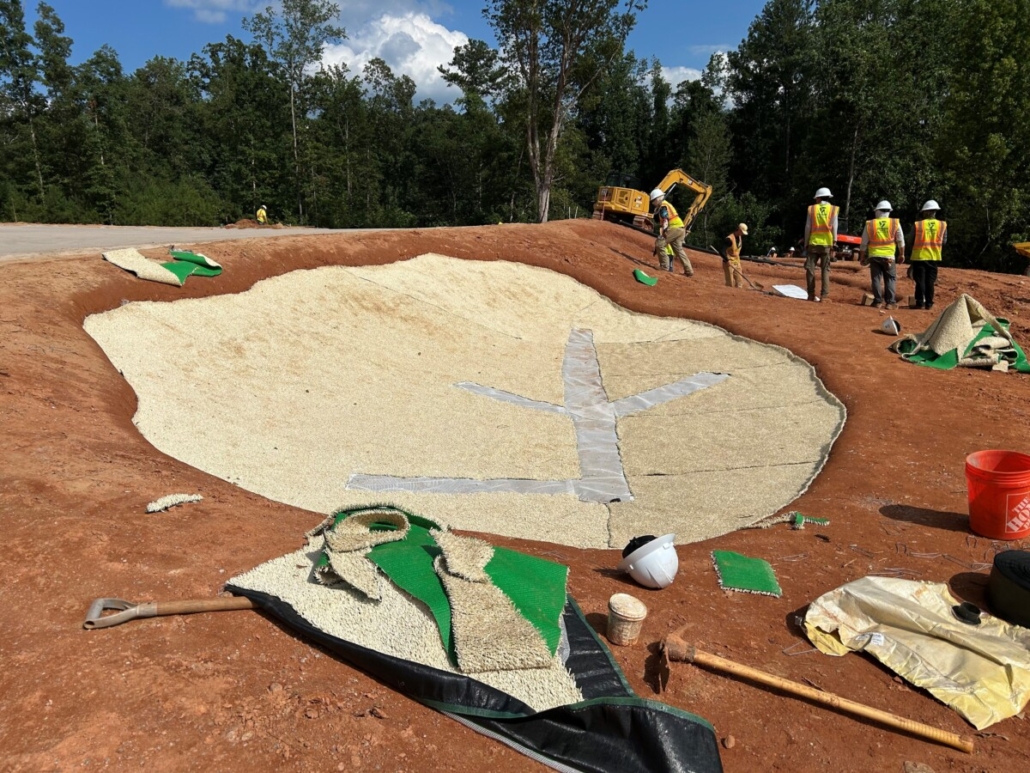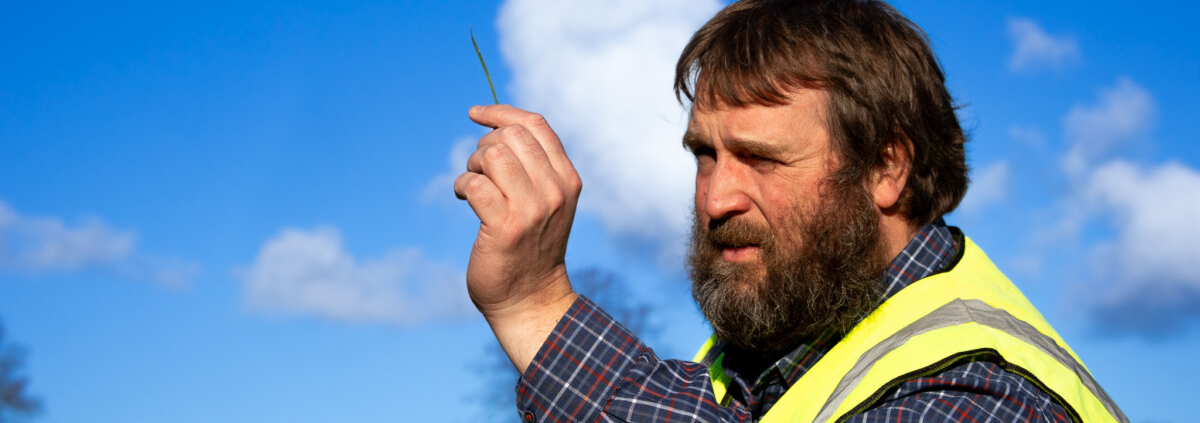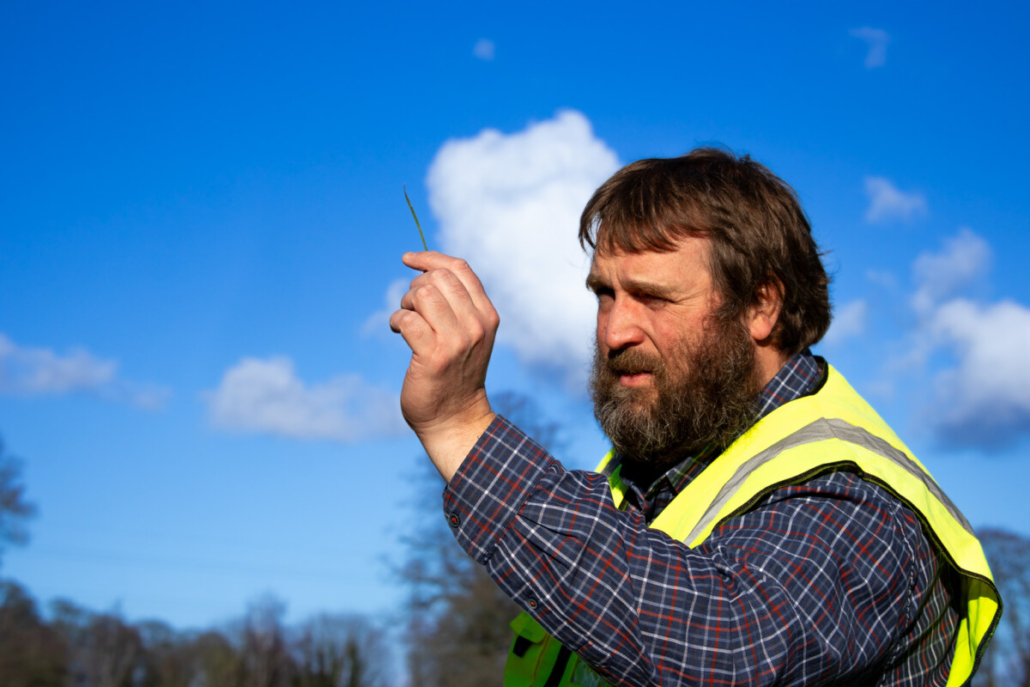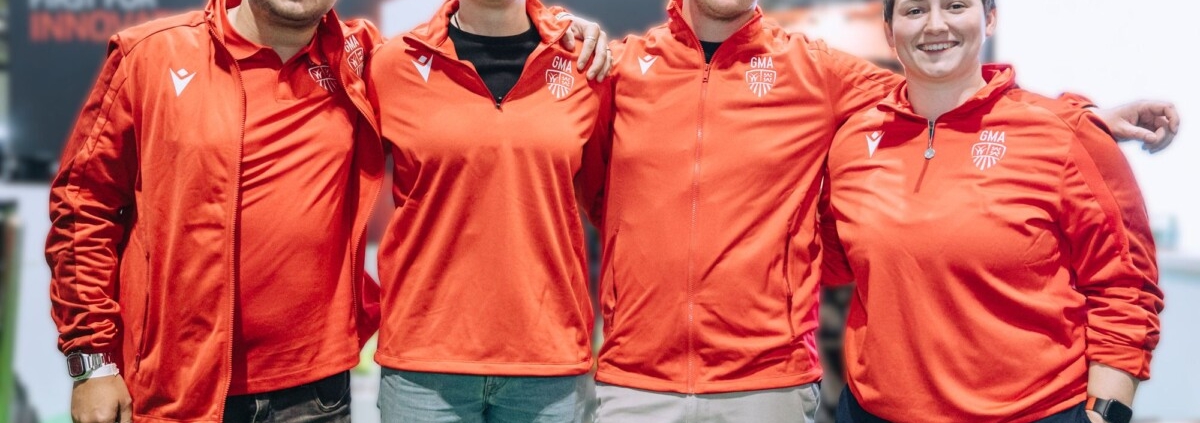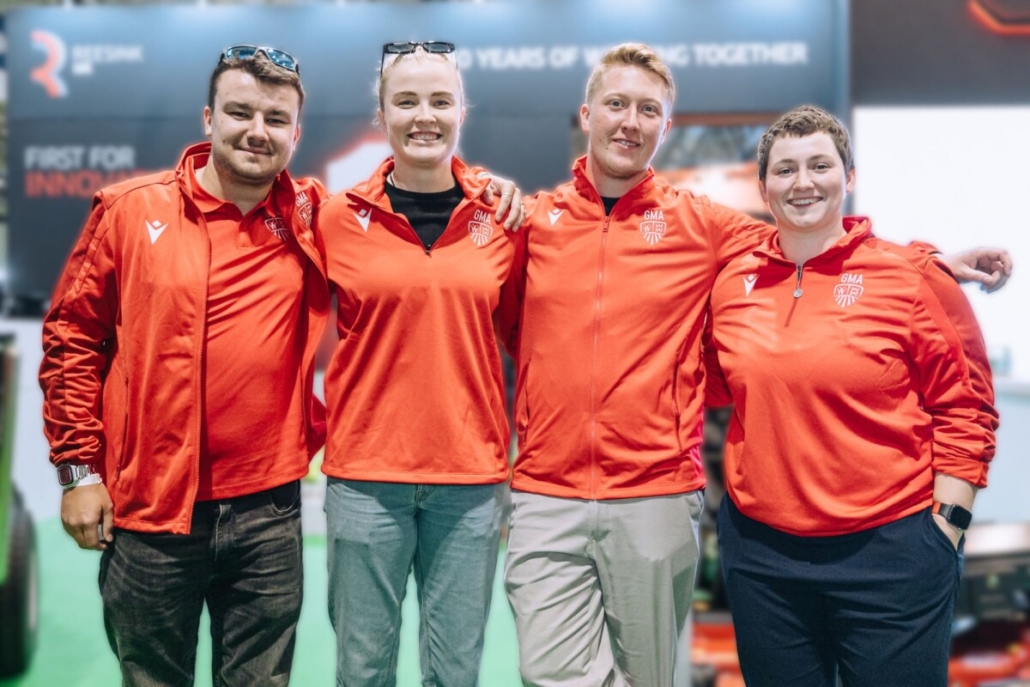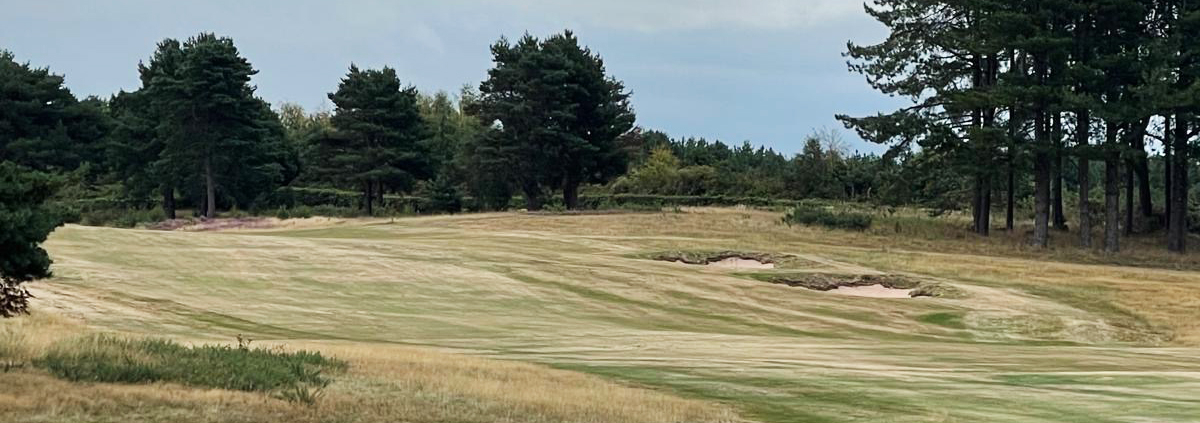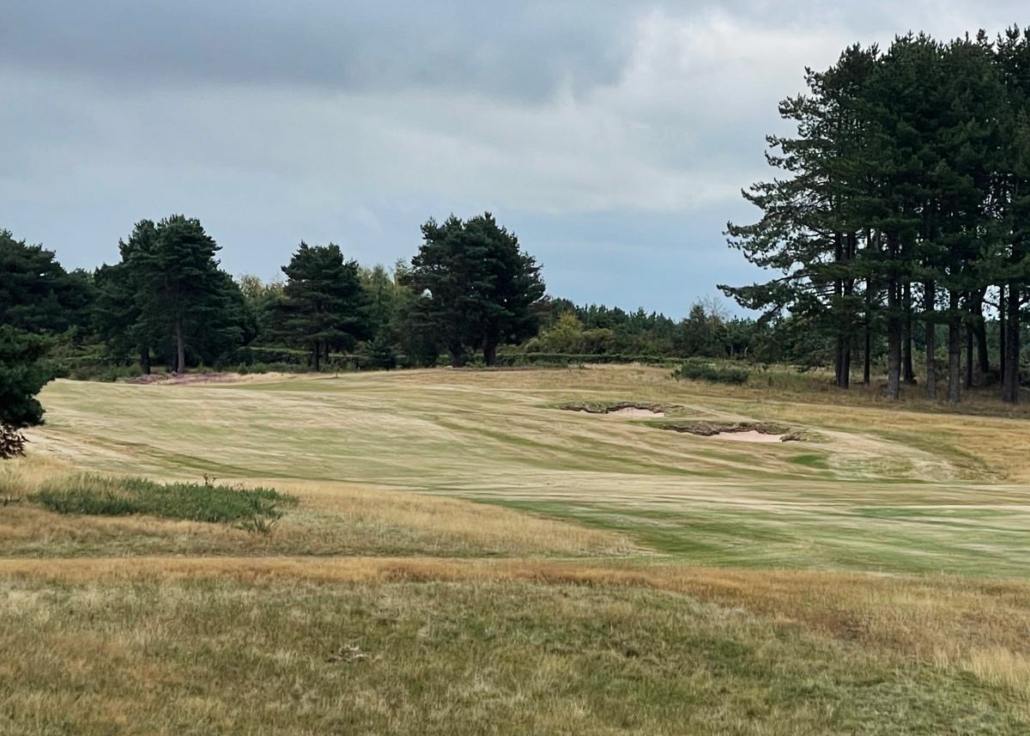Makita’s versatile rotary laser draws the line on accuracy
Makita’s versatile rotary laser draws the line on accuracy: Makita has introduced its new SKR001 Rechargeable Rotary Laser that makes levelling and alignment simple. With impressive range diameter capabilities and flexible charging options, the Rotary Laser provides outstanding accuracy, enhanced visibility, and convenience for trade professionals undertaking levelling tasks.
The SKR001 delivers a measuring range of up to 800 meters in diameter when used with the laser receiver and provides horizontal and vertical accuracy of ±0.5mm and ±0.75mm per 10m respectively. With automatic self-levelling capabilities within ±5°, and manual slope adjustment, the new rotary laser allows for quick setup and consistent, high-precision layout work on large sites.
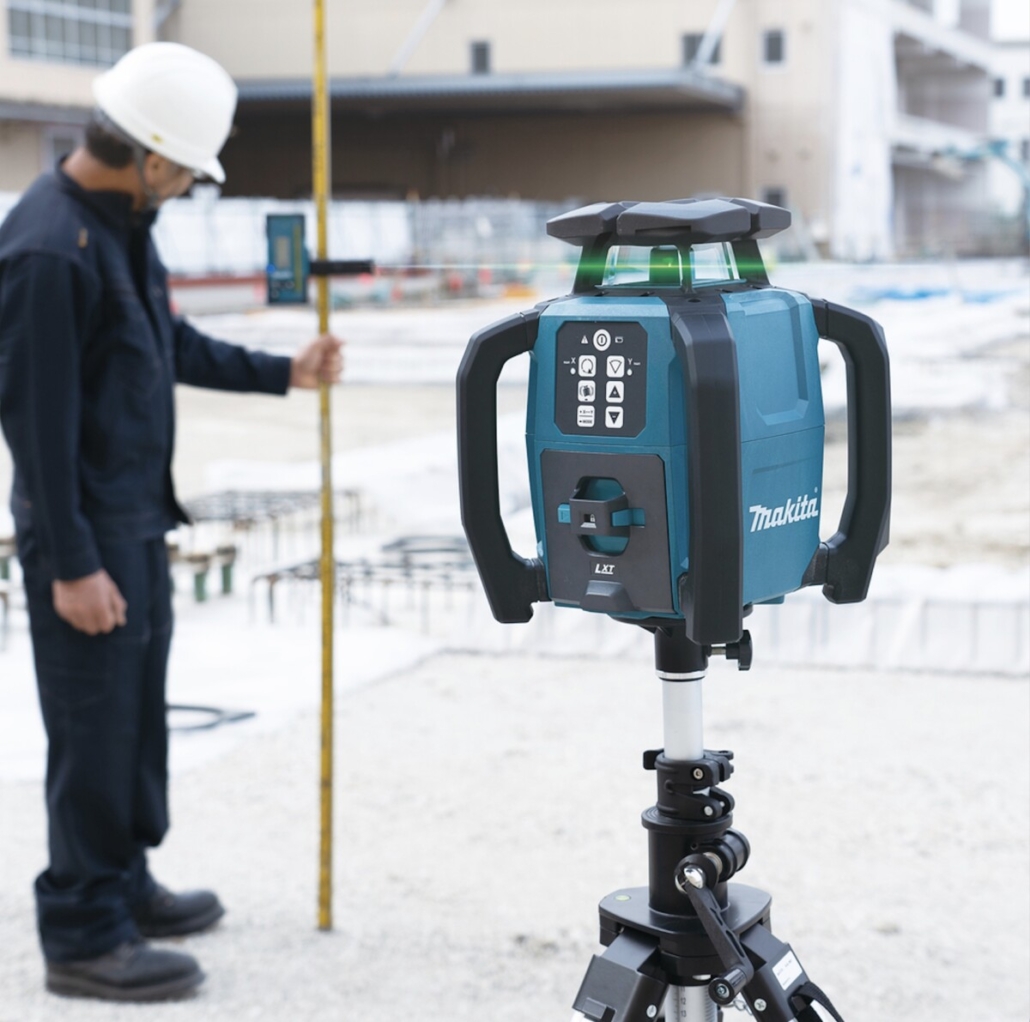
Makita’s versatile rotary laser draws the line on accuracy
Thanks to its green laser beam, visibility is significantly improved over red laser models, especially in bright daylight conditions. Users can select from static, or three rotation speeds: 150, 300, 600 rpm and three scan angles: 10°, 20°, 30° depending on application needs, adding to the tool’s adaptability and versatility.
The SKR001 is extremely flexible given it is compatible with three Makita battery platforms, CXT (12V), LXT (18V) and XGT (40V) can all be used to power the laser when fitted with the respective battery tray options. The Rotary Laser also comes equipped with a Bluetooth remote control (RC1) for operation up to 100 meters and features auto shut off and anti-drift systems to maintain laser integrity. Run time is equally impressive, with up to 160 hours of continuous use with a 40VMax 4.0Ah XGT battery, ensuring minimal downtime.
Built for real-world jobsite durability, this Rotary Laser features IP67-rated protection against dust and water, as well as shock-absorbing rubber bumpers to safeguard the unit from drops of up to 2 meters. Weighing only 4kg (without battery), it is a manageable weight yet sturdy enough for demanding and daily professional use.
“With a green beam to provide clear visibility and its multi-platform battery support, the SKR001 sets a new benchmark for cordless rotary lasers. It’s a must-have for professionals looking for flexibility and high performance,” commented Kevin Brannigan, Marketing Manager at Makita.
The SKR001 is supplied with an 18V LXT battery tray holder as standard.
For more information about the SKR001 and Makita’s full range of cordless machines, visit: www.makitauk.com.
For the latest industry news visit turfmatters.co.uk/news
Get all of the big headlines, pictures, opinions and videos on stories that matter to you.
Follow us on Twitter and Instagram for fun, fresh and engaging content.
You can also find us on Facebook for more of your must-see news, features, videos and pictures from Turf Matters.

